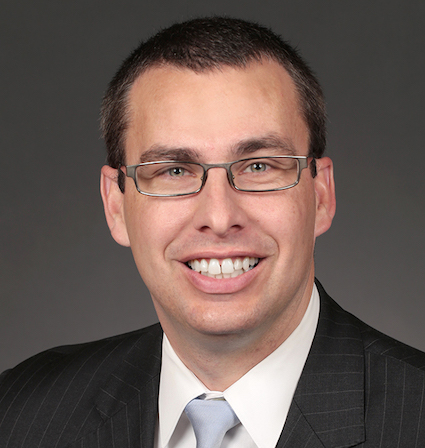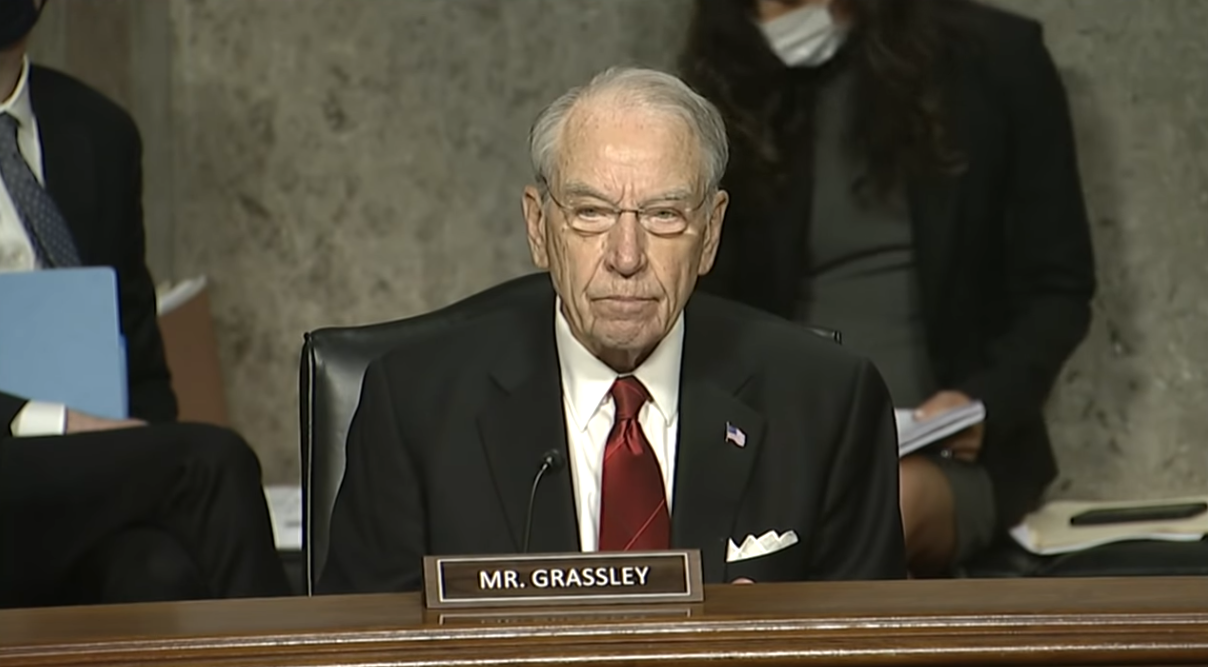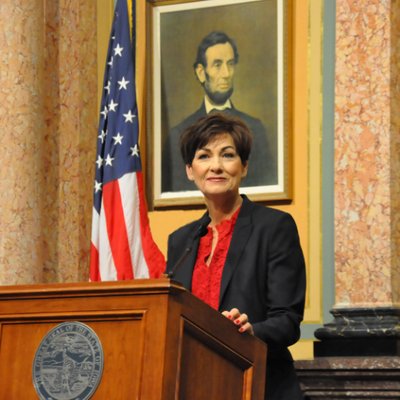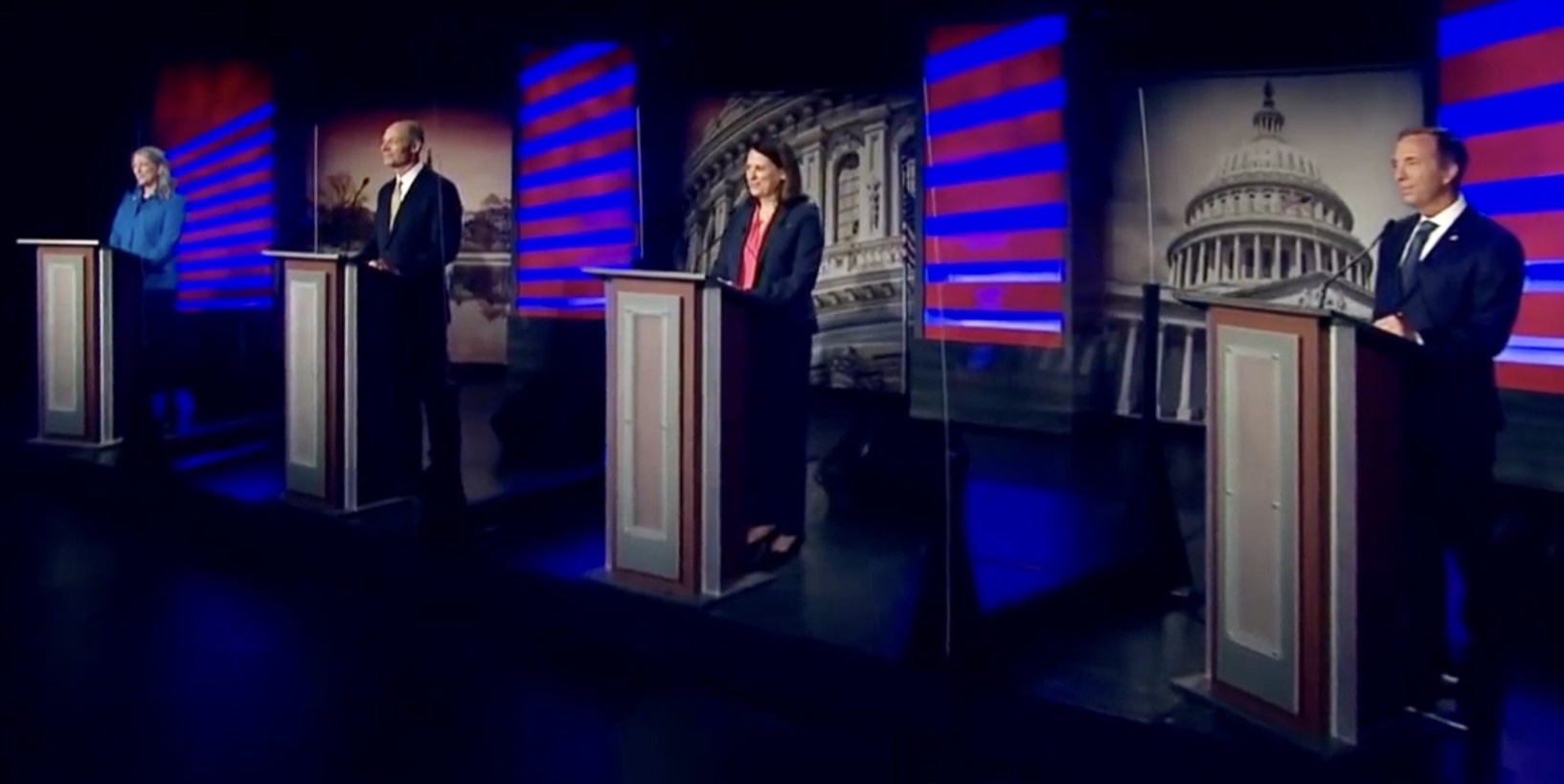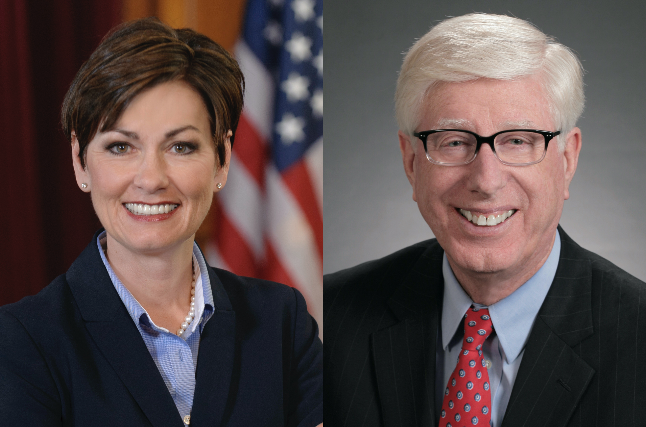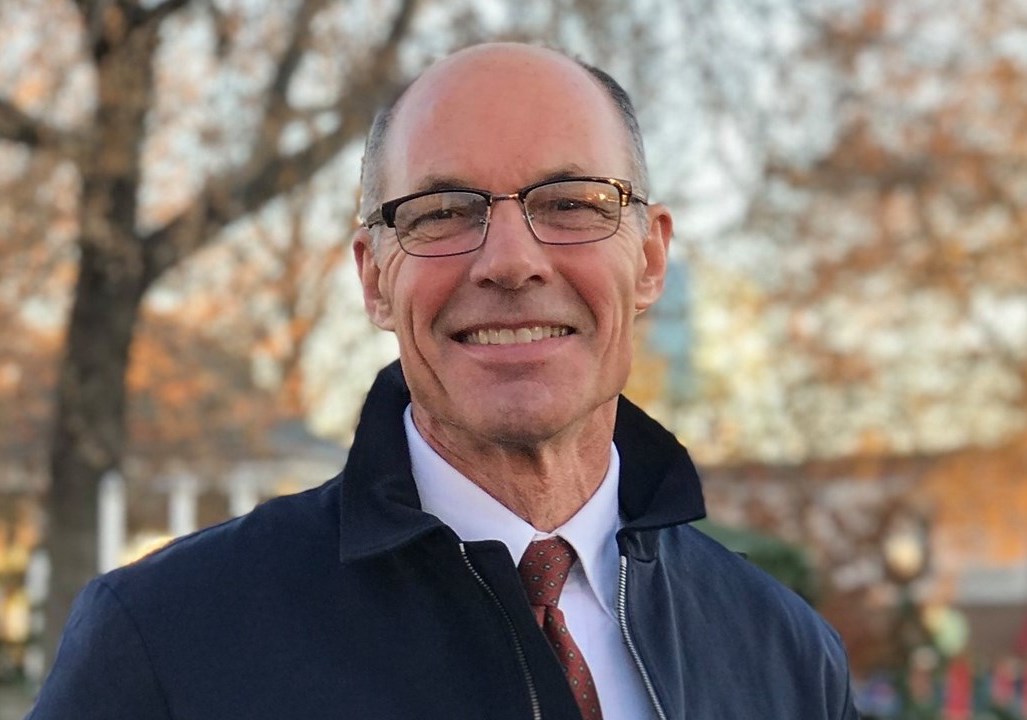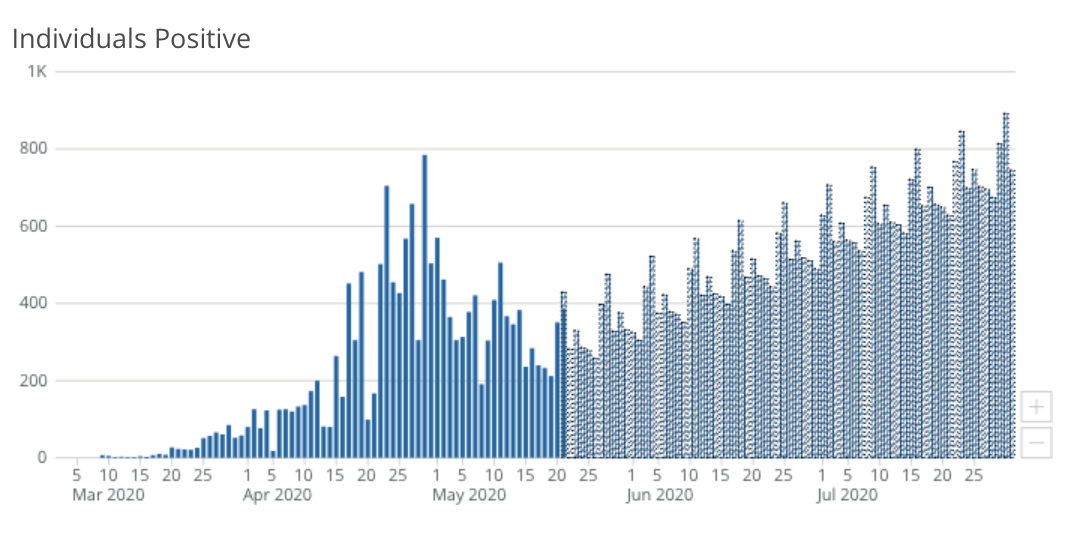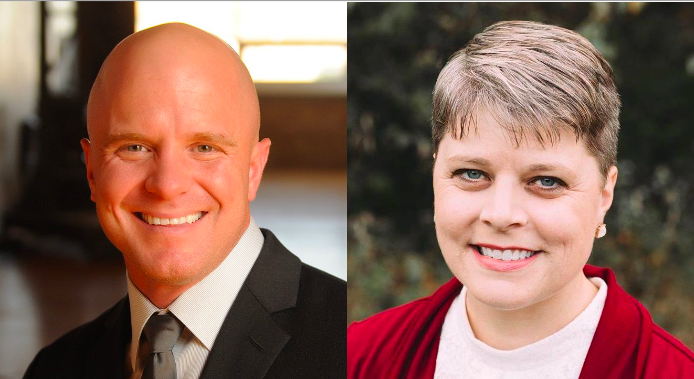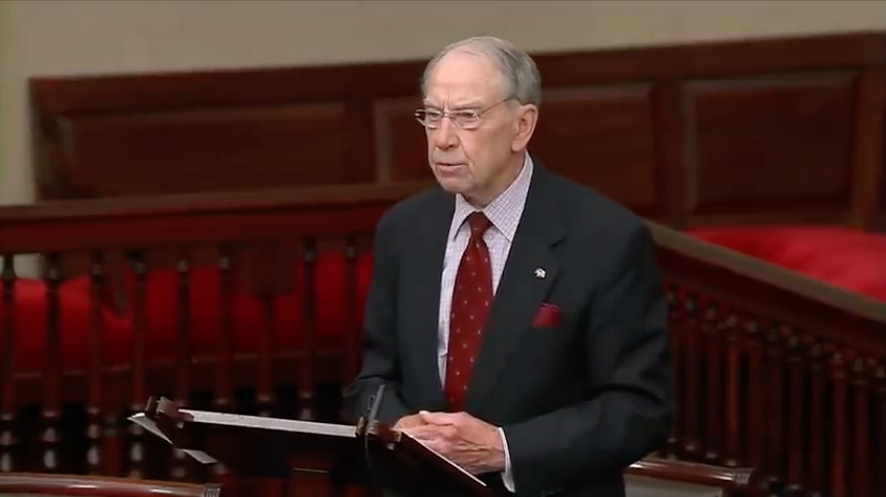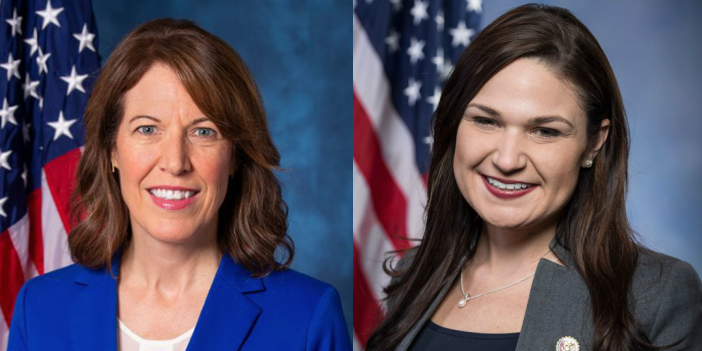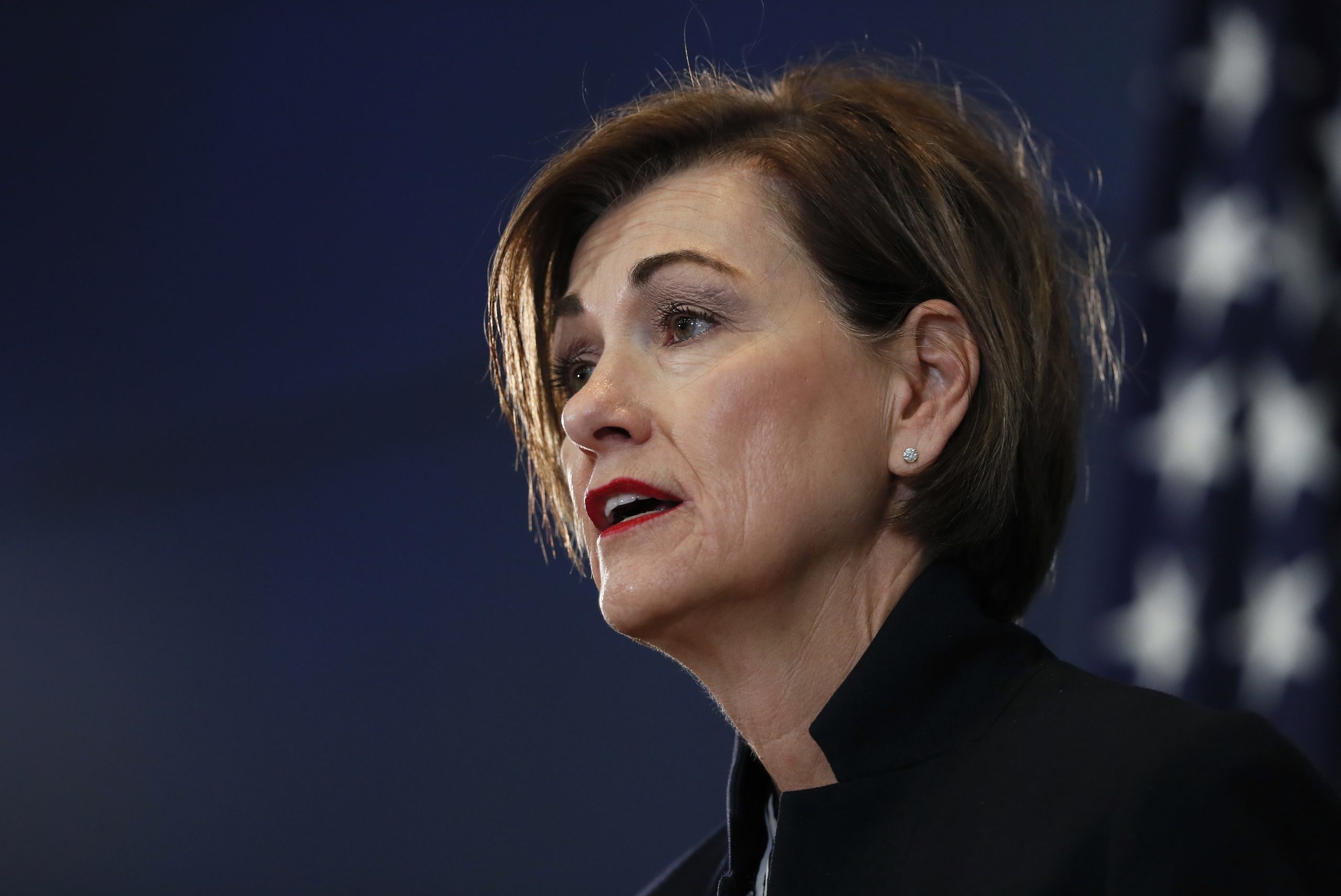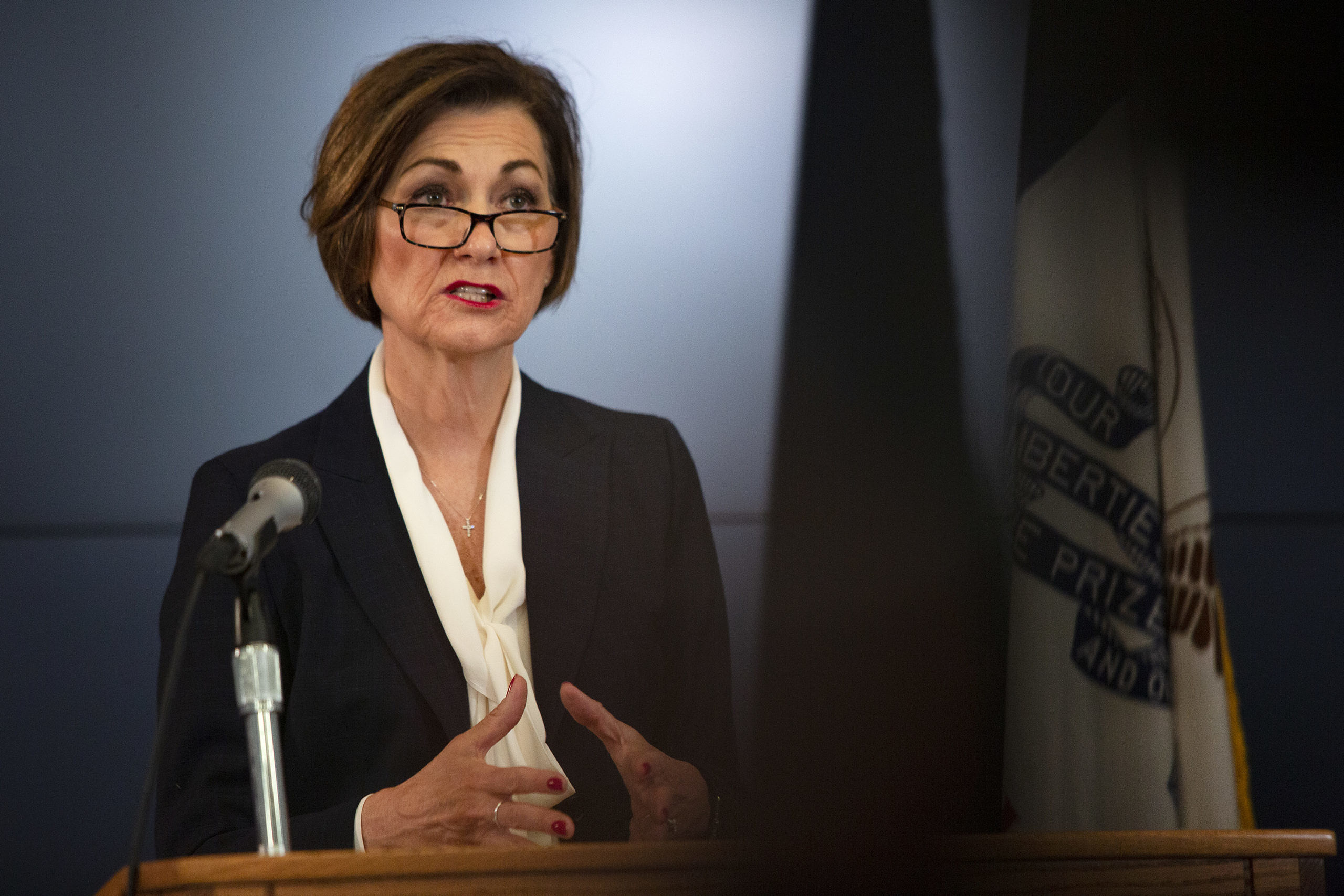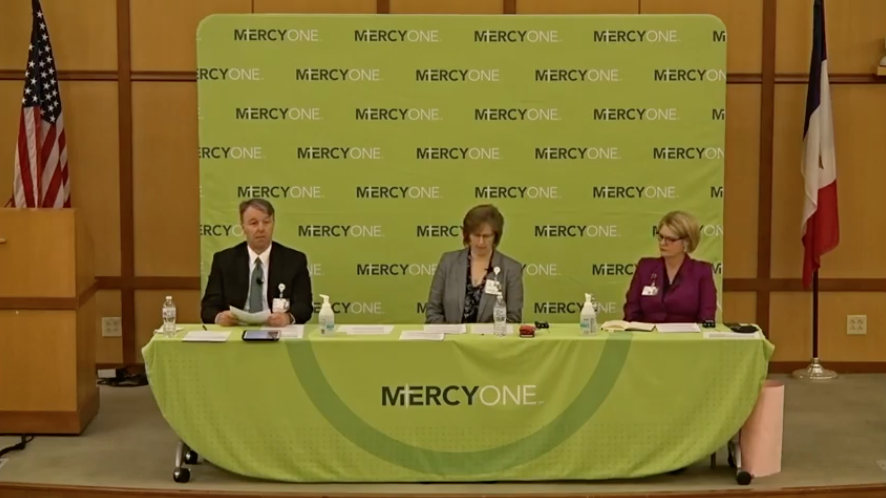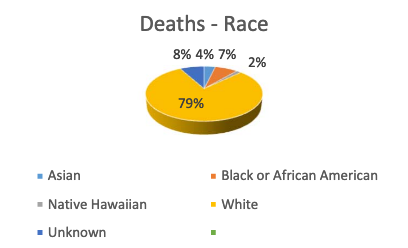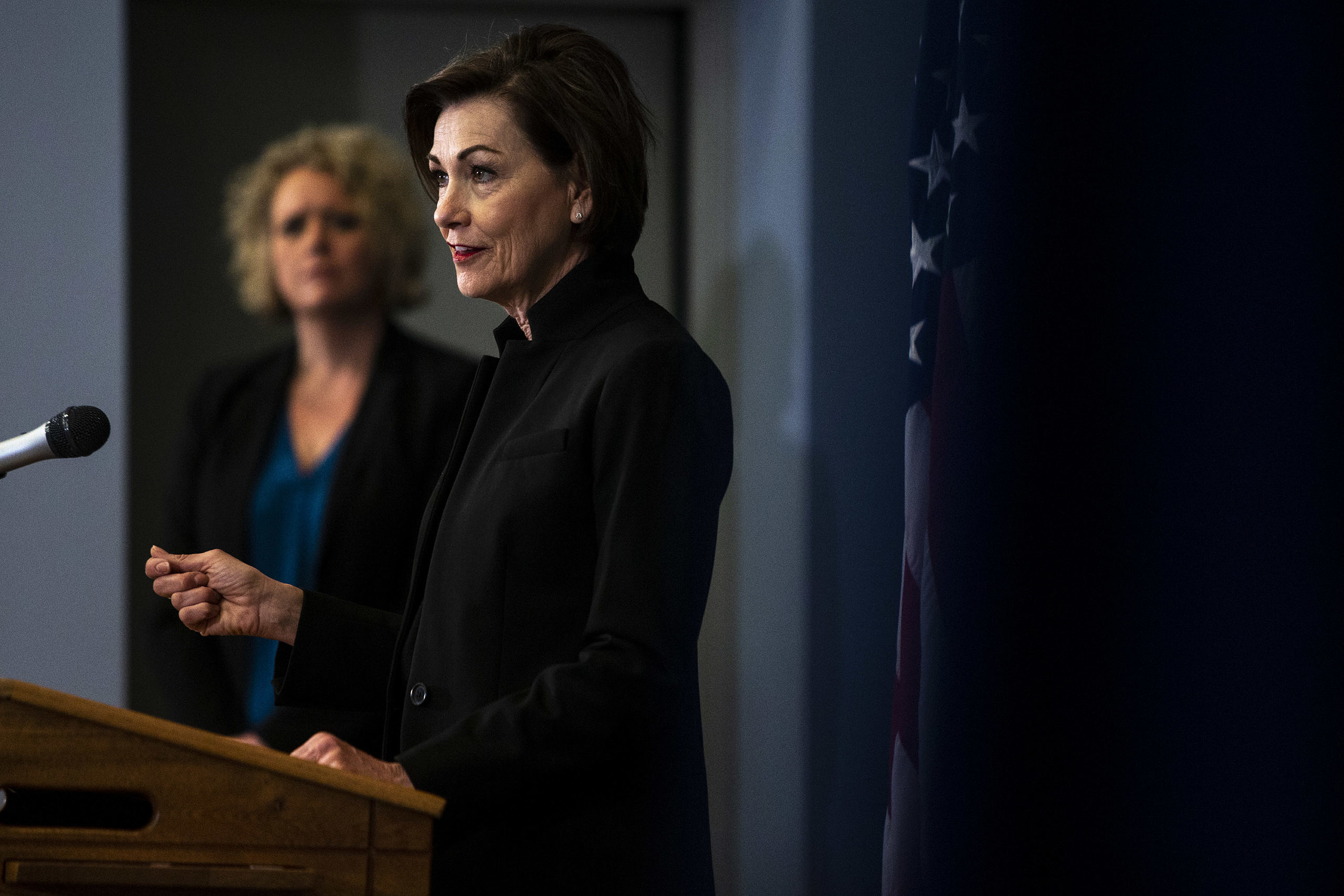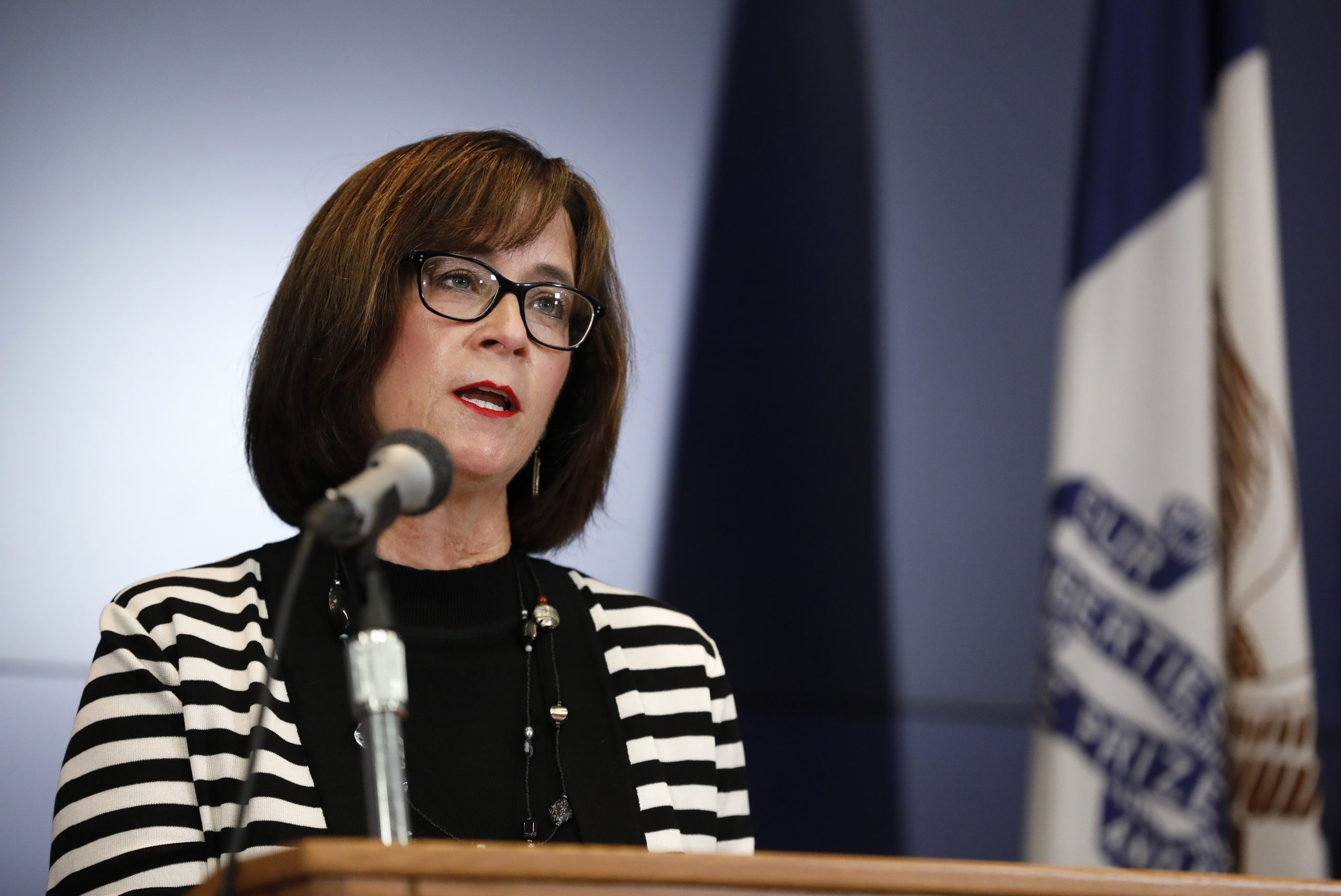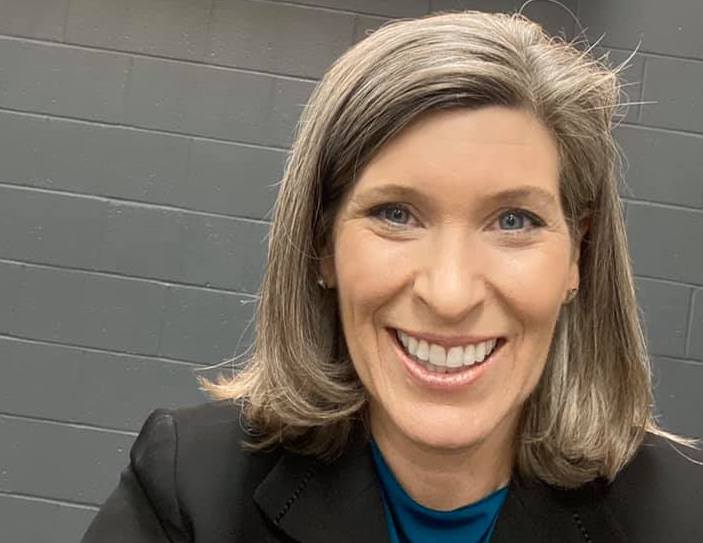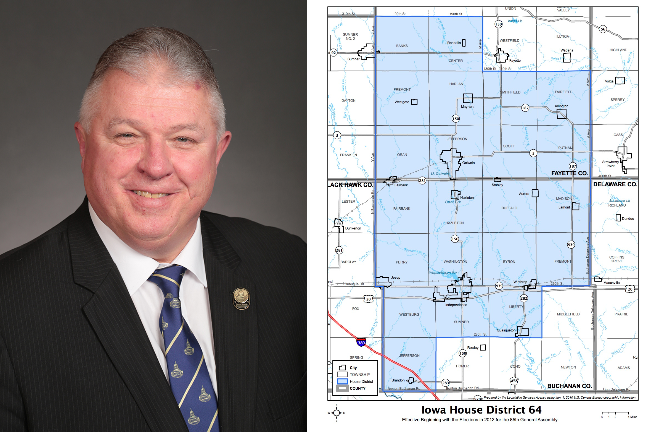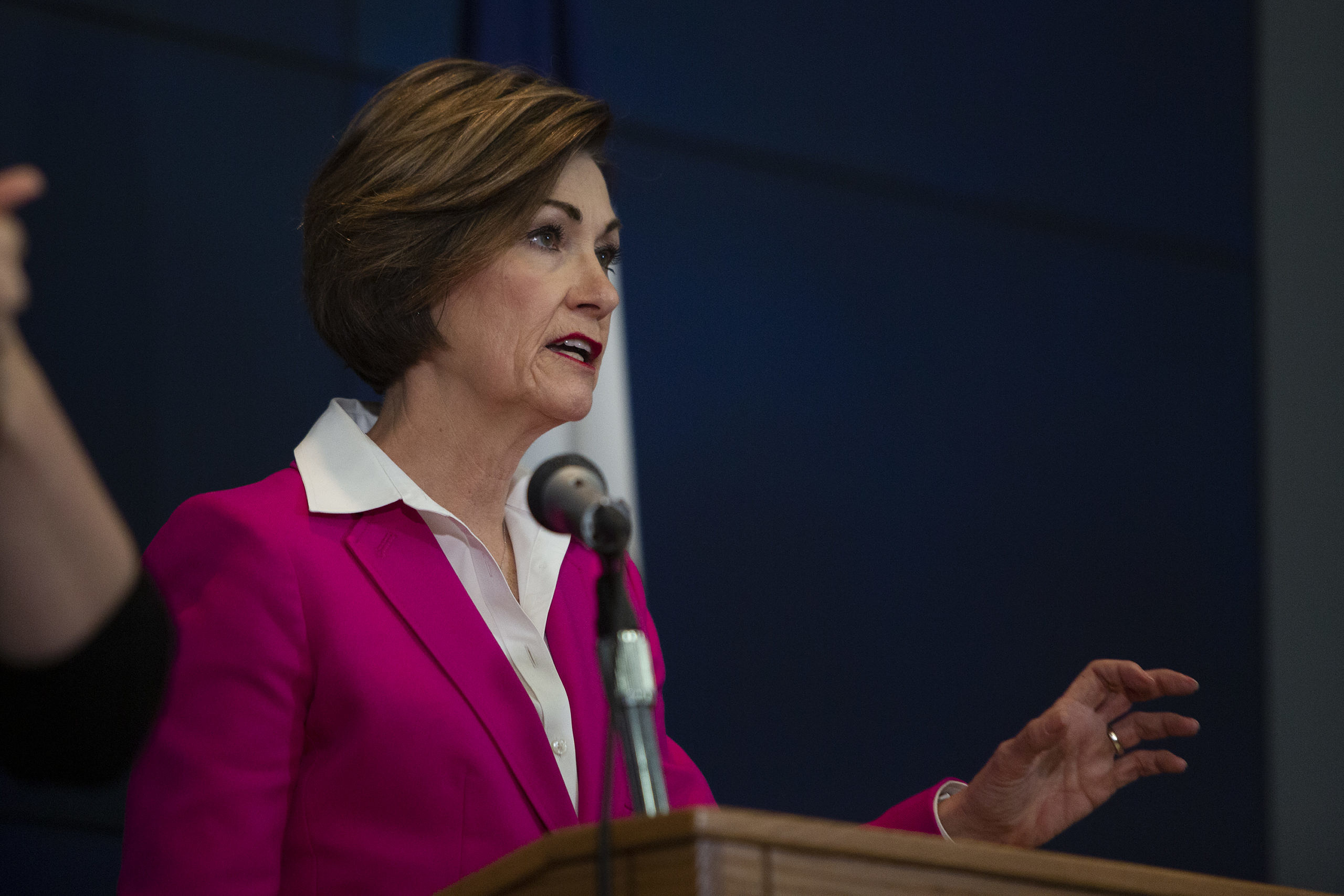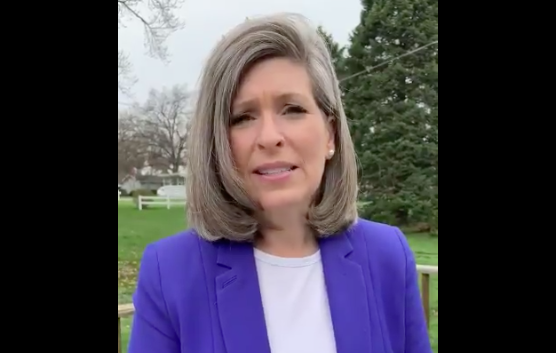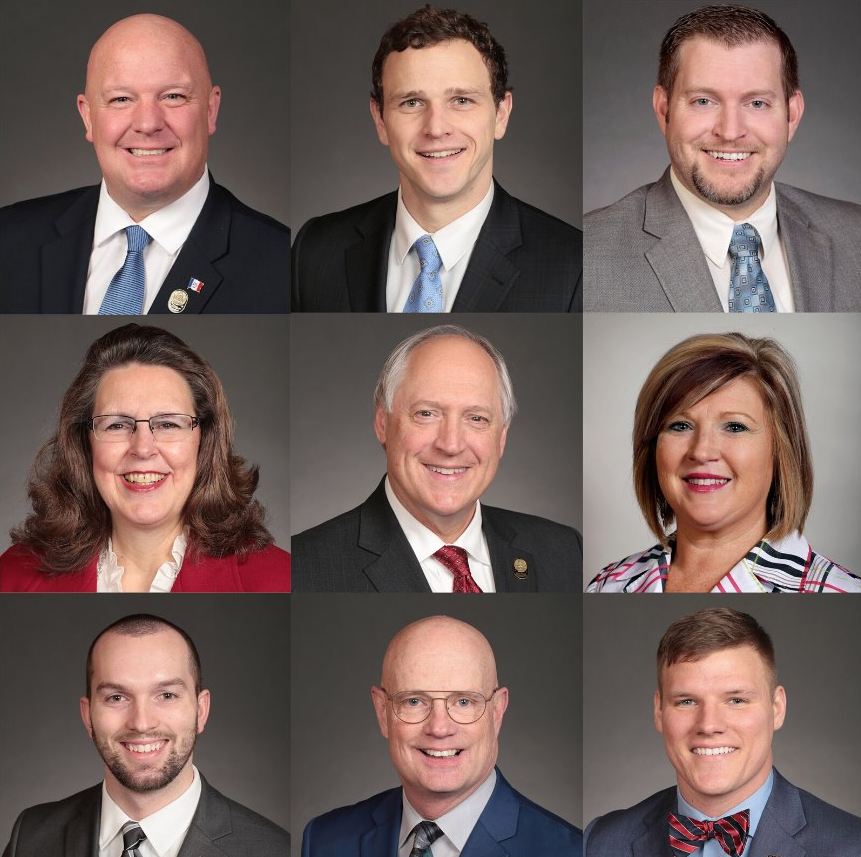Julie Ann Neely explores the “commonality between the financial pressures of rural hospitals and the financial pressures of urban hospitals as they treat unprecedented numbers of COVID-19 patients.” -promoted by Laura Belin
Having chest pains? Cut off a finger? Need medical care now? For anyone living in a rural area there is no guarantee the closest hospital can provide needed emergency care.
Signs may say “Hospital” and the doors may be open, but odds are they will not have the capability or staff to care for an urgent need or life-threatening emergency. Logic tells us in an emergency increased time and distance can be life-threatening. One study found that rural hospital closures are associated with a 5.9 percent increase in inpatient mortality. 1, 2
Ours is a “profits above all else” economy, and rural hospitals close because they are not profitable, often operating at a loss. Those that remain open have restructured, eliminated services, and reduced staff to the point they can no longer offer basic medical care. Hospitals lose money delivering babies which has caused dozens of Iowa hospitals, rural and urban, to discontinue this service. Iowa is 50th out of 50 states for the number of obstetricians per population. 3 , 4
Due to the nature of the population served, rural hospitals cannot compete, and rural residents are the losers.



